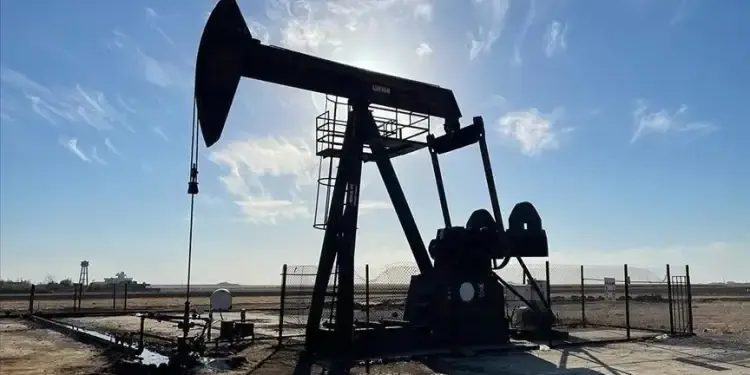The oil prices climbed following an Iranian missile attack against Israel, marking an escalation in the conflict in the Middle East. Iran launched around 200 missiles in response to the death of the heads of Hezbollah and Hamas, and to the deployment of Israeli troops in southern Lebanon. The prices of Brent and WTI jumped 2.9% and 3.5% respectively, continuing their rise in Asia.
The main increase factor is the fear of Israeli reprisals aimed at Iranian oil installations, which could disrupt the world offer. Iran is a major producer with 3.3 million barrels per day, and a strike on its facilities could cause a significant price increase. In addition, escalation could lead to the return of American sanctions against Iranian oil, further reducing the world supply.
Oil prices have been decreasing for three months, due to the weakness of global demand and record production in the United States. However, ongoing geopolitical tensions and recent recovery measures in China, the main oil importer, could reverse this trend.
Finally, OPEC+ will hold a meeting to discuss production levels, without a major change expected despite the market pressure, where voluntary production reductions have not always been respected. Any additional climbing in the conflict could, however, complicate the prospects of the petroleum market and aggravate world inflation.








